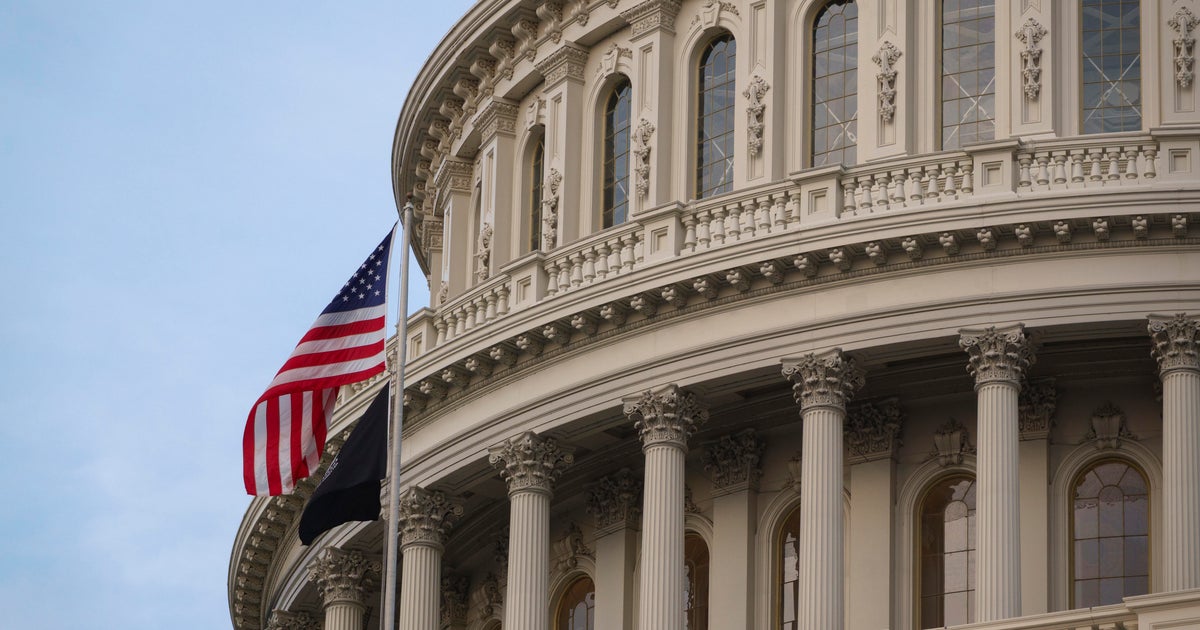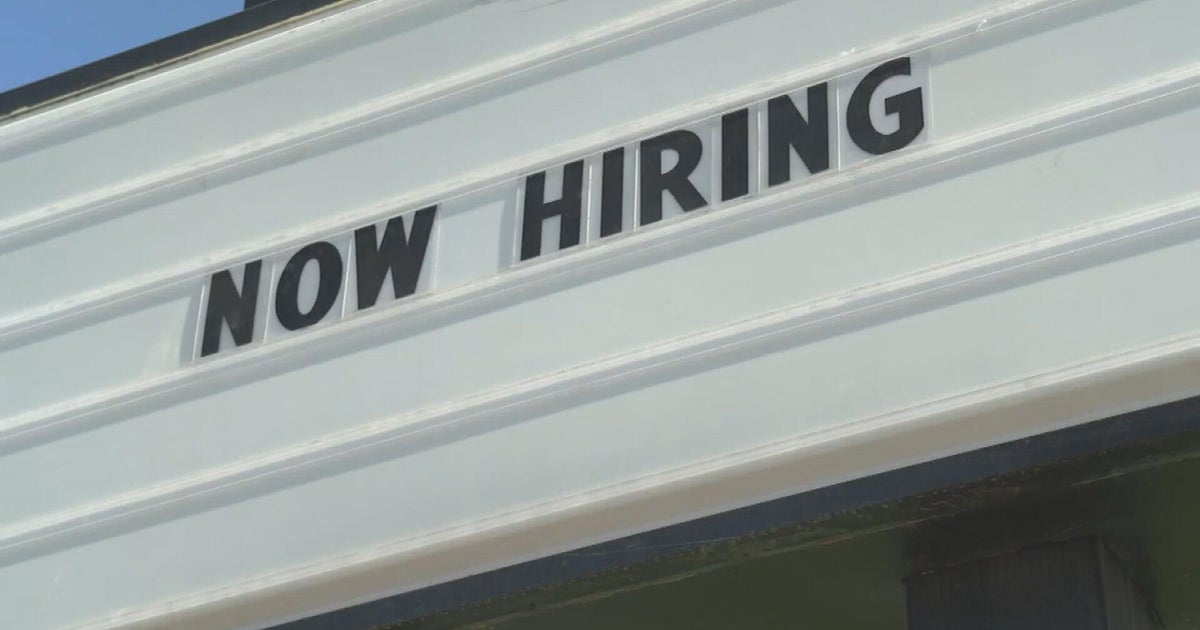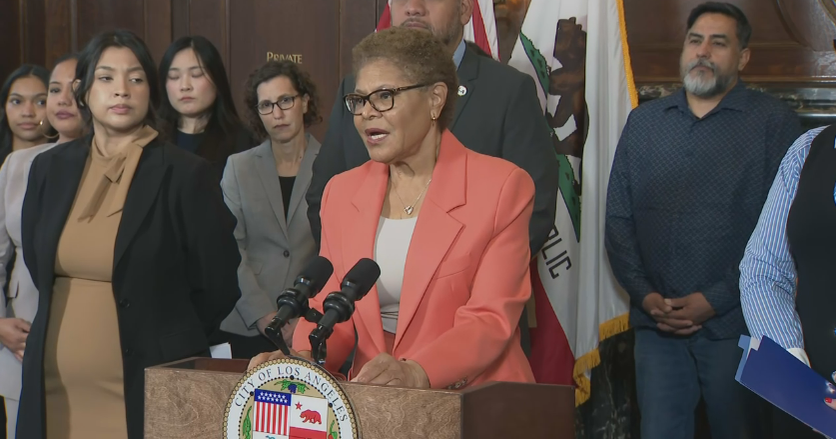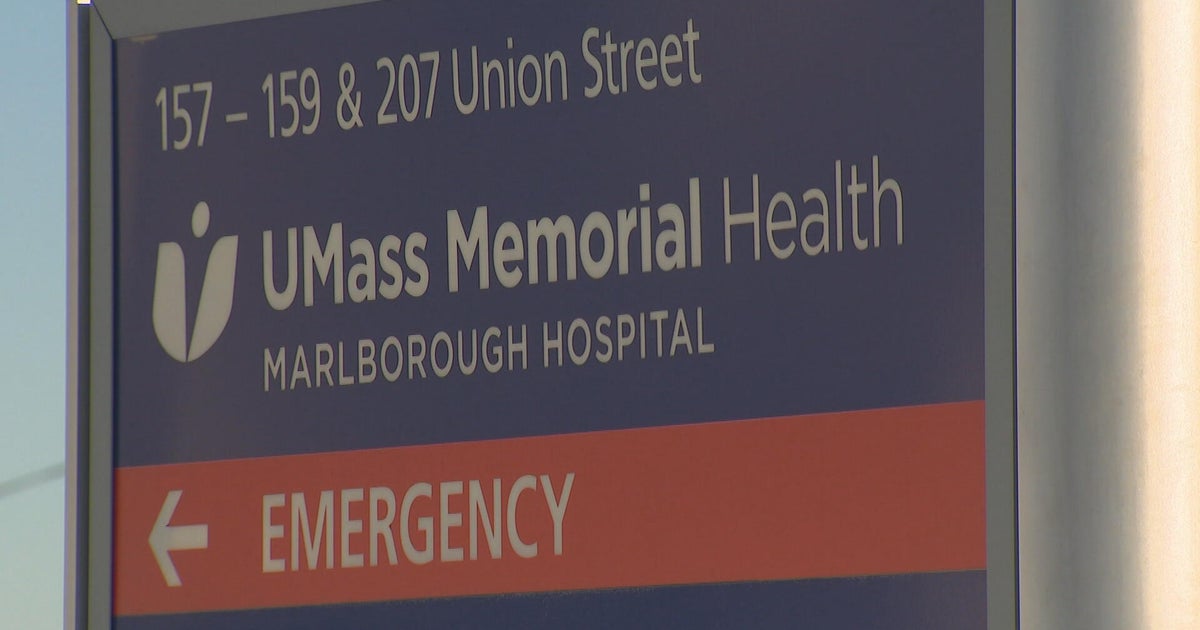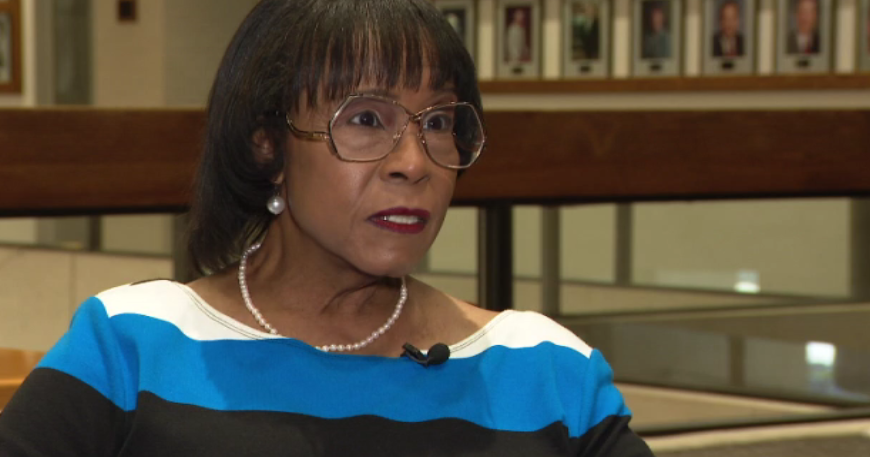D.C. Mayor Vetoes Wage Bill Affecting Walmart
WASHINGTON (AP) -- Mayor Vincent Gray vetoed a bill Thursday that would force Wal-Mart and other large retailers to pay their employees at least $12.50 an hour, calling it a "job killer" that would not advance the goal of a living wage for District of Columbia workers.
The bill put Washington at the center of a national debate on how far cities should go in trying to raise pay for low-wage workers -- and whether larger companies should be required to pay more. Supporters -- including unions, clergy and other labor advocates -- said Wal-Mart could afford the higher wages, while opponents said the bill unfairly singled out certain businesses and would have a chilling effect on economic development.
Wal-Mart fought the legislation vigorously, pledging not to build three of the six stores it has planned for the nation's capital if the bill became law. But Gray, a Democrat, said the bill would have a much larger impact than many people realized.
"The bill is a job-killer, because nearly every large retailer now considering opening a store in the district has indicated they would not come here or expand here if this bill becomes law," Gray said, citing Target, Home Depot, Wegmans and others.
The D.C. Council approved the bill in July on an 8-5 vote, one short of a veto-proof majority. It will consider overriding the veto on Tuesday.
Councilmember Vincent Orange, a lead sponsor of the bill, said Wal-Mart's threats had prevented the mayor from standing up for the working poor.
"Wal-Mart put a gun to the mayor's head, and the mayor capitulated," said Orange, a Democrat. "Wal-Mart and the mayor should be ashamed that they're going to provide poverty wages to people who get up every day and go to work."
In an interview, Gray said he would work with the council to introduce a bill raising the district's minimum wage for all workers, and he credited the large retailer bill for driving the conversation about fair wages in the fast-growing city. The district's minimum wage is $8.25 an hour, $1 higher than the federal minimum.
Cities including San Francisco and Santa Fe, N.M., have approved across-the-board minimum-wage hikes in recent years, but the district would have been the first to single out large retailers. The Chicago City Council approved a similar bill seven years ago, but it was vetoed by then-mayor Richard M. Daley. Wal-Mart ultimately opened several stores in Chicago.
The bill applied only to retailers with stores of 75,000 square feet or larger, at least $1 billion in annual sales and non-unionized workforces.
Gray said supporters of the bill had their hearts in the right place but that the measure was too narrowly targeted to help low-wage workers earn a better living.
"The more I delved into the bill," Gray said, "the more I realized how few people would benefit from this."
Two of the stores that Wal-Mart had threatened to abandon are located in majority-black communities east of the Anacostia River, where Gray lives and where unemployment is much higher than in the rest of the city. Wal-Mart said it would resume its plans to build all six stores.
"Mayor Gray has chosen jobs, economic development and common sense over special interests," Wal-Mart spokesman Steven Restivo said. "Now that this discriminatory legislation is behind us, we will move forward on our first stores in our nation's capital."
The Rev. Graylan Hagler, one of the leading advocates for the bill, said the mayor had been listening more closely to Wal-Mart's lobbyists than to city residents. He also suggested that the mayor and the council weren't serious about a possible minimum wage increase.
Kimberly Mitchell, who works at Macy's downtown -- a store that would have been affected by the bill only after a four-year phasing-in period -- said Gray's veto "has further eroded the ability of D.C. residents and workers to earn enough money to take care of themselves and their families while remaining in the city."
The mayor disagreed, noting that Wal-Mart has pledged to fill more than half the jobs at its new stores with district residents.
"You're going to have a lot of people who get hired who don't have a job in the first place," Gray said.
(Copyright 2013 by The Associated Press. All Rights Reserved.)

